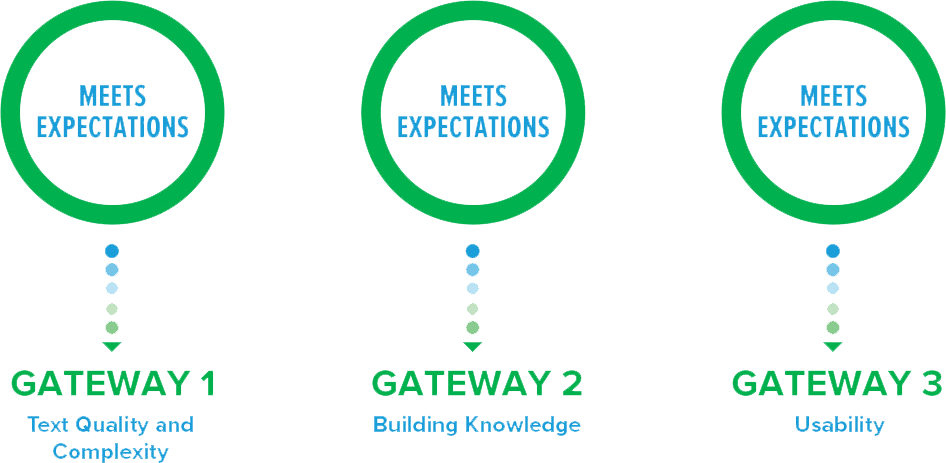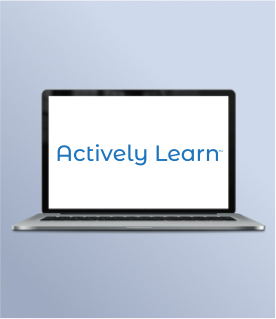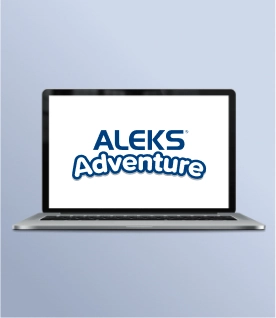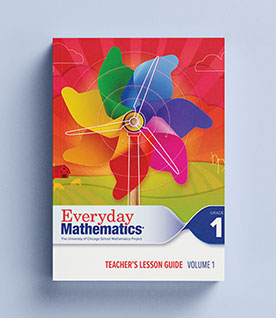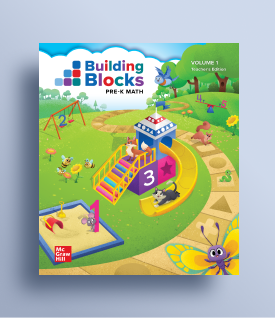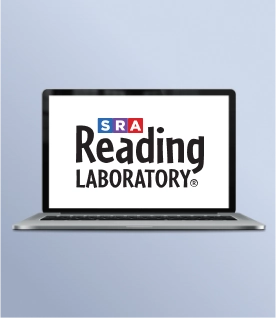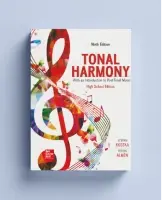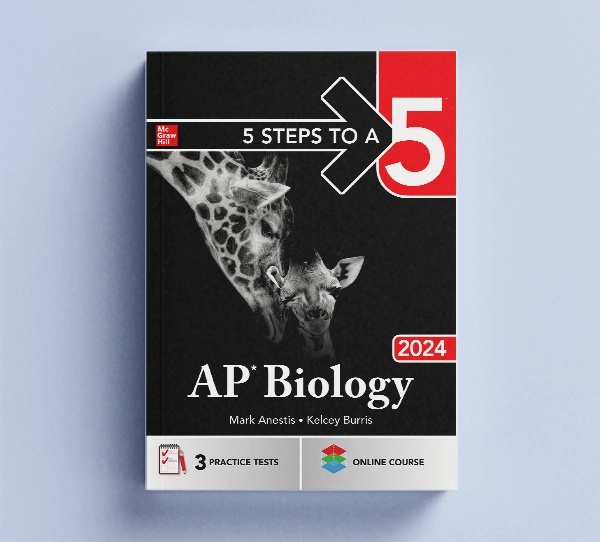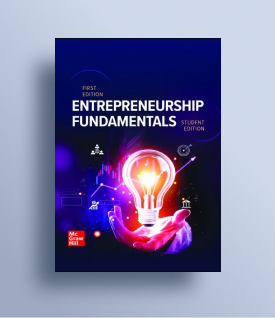My Account Details

StudySync 6–12 ELA Curriculum:
Pedagogy & Features
Pedagogy and Features of StudySync
The Ability to Differentiate
Classrooms have a mix of interests, learning styles, and skill levels. StudySync allows teachers to:
- Scaffold assignments based on students’ interests and reading abilities
- Make assignments and choose texts based on Lexile®-levels
- Access an extensive library of 6–12 content, texts, and excerpts
- Target specific learning objectives, skills, specific standards
- Tailor instruction to whole-class, small group, or individual needs with student-facing scaffolds and extensions
- Offer tools to support accessibility for all leaners – including audio, closed captioning, and vocabulary support
Integrating technology makes it easier for teachers working with a class of students who possess a wide range of skills to better differentiate and personalize instruction without substantially adding to their workload.
Assessment
Assessment guides instruction in StudySync. Ongoing benchmark, formative, and summative assessments provide teachers with the information they need to help every student progress toward standards mastery. Progress monitoring and reporting tools allow teachers to easily track student gains and revise instruction according to remediation needs. Best of all, StudySync embeds scaffolded instruction and provides extra lessons so teachers have resources at the ready to meet the needs of every learner in their classrooms.
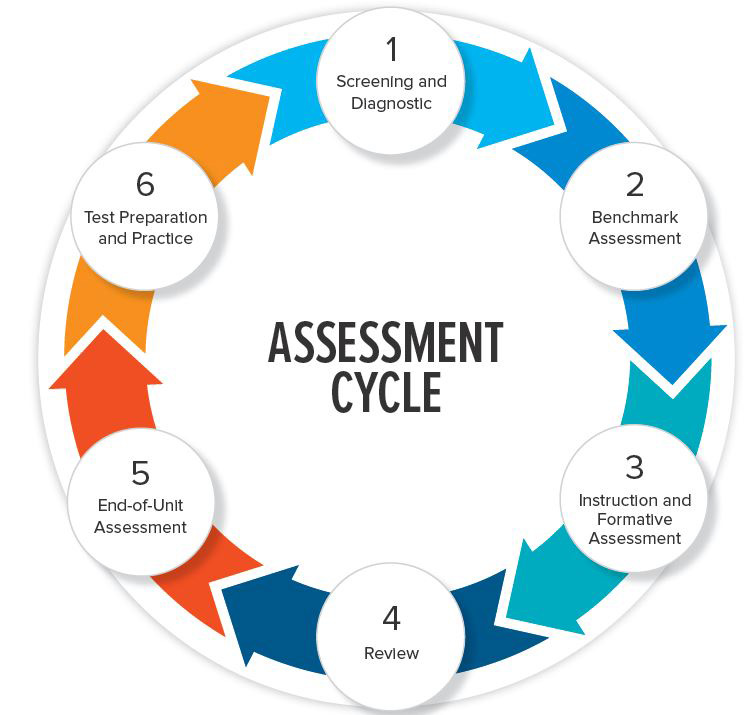
- Screening and Diagnostic: Three important assessments guide instruction for teachers: the grade-level Readiness Screener, and the Reading Diagnostic Assessment and the Maze Fluency Assessment.
- Benchmark Assessment: Benchmark Assessment evaluates students’ progress in standards mastery throughout the school year. Three assessment forms provide a valid and reliable measure of students’ advancement.
- Instruction and Formative Assessment: Text questions, quick checks for success, turn and talk activities, and many other short-cycle Formative Assessments are embedded in every StudySync lesson plan to provide teachers low-stakes opportunities to monitor student performance.
Every StudySync lesson offers students an opportunity to demonstrate progress toward standards mastery. Responding to sources, auto-graded Reading Quizzes, skills mastery checks, and longer written responses in the Extended Writing Projects all include standards labeling.
- Review and Reteach: Each unit concludes with review and assessment. The pacing guide suggests time for teachers to revisit key concepts with which students may have struggled during core instruction and application. Review and reteaching are guided by the data tracking tools in StudySync that allow teachers to view day-to-day student performance on all standards.
- End-of-Unit Assessment: The End-of-Unit Assessment reports on the outcome of student learning. As students complete each unit of the reading program, they will be assessed on their understanding of key instructional content and their ability to write in response to prompts across a series of genres. At the close of each instructional unit, students will be assessed on that unit’s skills in the unit assessment. The results will be used to inform grouping and additional instructional needs.
- Data and Tracking: StudySync assessments are grounded in research, aligned with the curriculum, and designed to familiarize students with items and approaches associated with end-of-year testing.
Data tracking and presentation tools help teachers use the results of assessments to identify which standards and skills present particular challenges for students, as well as where students are excelling and are ready for enrichment. Using the StudySync Gradebook, teachers can effectively decide how to scaffold instruction and provide remediation support for individual students.
Tracking tools for assessments will provide teachers with a raw score as well as a breakdown of students’ performance against standards and performance against skills. In addition, color-coded reporting will allow teachers to quickly and easily monitor students’ performance and needs.
StudySync’s Assess tab includes test banks and instant data reporting on students’ performance and standards mastery. Teachers can create, edit, and share online using the electronic test bank to customize and generate standards assessments.
Embedded Progress Monitoring
Every day, teachers have the opportunity to deepen their understanding of student’s strengths and needs through Progress Monitoring. Each lesson embeds activities across domains to ensure that students are building foundational language and comprehension skills while progressing towards mastery of reading, writing, research, and inquiry standards every day.
Progress monitoring charts appear before every text in a unit and detail which standards are covered in the text’s instructional sequence. These can be used to guide teachers toward resources for reteaching and remediation.
In the example to the right, the progress monitoring chart shows the Skill "Language, Style, and Audience" and the locations in the Angela’s Ashes instructional path where students can demonstrate learning. Additionally, it provides information on selections in future units where the skill will be revisited. Spotlight Skills will often be included in the Opportunities to Reteach column and can be applied at any time during the year to any text to reinforce a concept and provide additional practice.
Connecting Through Technology and Multimedia
The StudySync program was built to meet the needs of twenty-first century teachers and learners. Always current, the offerings on the site are changed and enhanced every day. Our original multimedia features a diverse cast of actors and voice-over actors, so that students will see and hear themselves represented in engaging, academic conversations and peer-to-peer teaching moments.
Teachers can bring content to life in a variety of ways:
- Movie-like trailers build excitement;
- Short scripted videos model academic discussion about literature;
- Student-led skills videos cover language, reading, and writing concepts;
- Social media-style Blasts assignments encourage students to share opinions; and
- Anonymous peer reviews provide timely feedback and improve comprehension.
Google Integration
StudySync’s recently enhanced Google integration provides opportunities for teachers to utilize both Google Drive and Google Classroom in conjunction with StudySync to leverage both platforms to enhance teaching and learning.
View the Google Integration Instructions for details on for getting started with Google Integration and StudySync!
- Account linking instructions for Teachers and Students
- Verifying the link between Google Classroom and StudySync
- Assigning work in Google
- Accessing work in Google Drive and Google Classroom
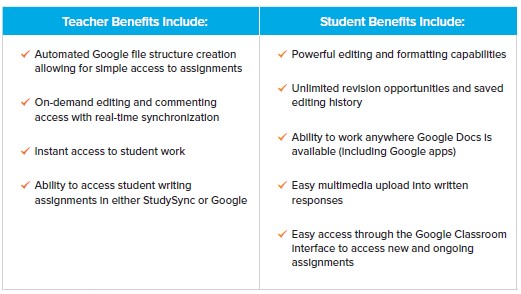
Harness the Power of Student Collaboration
Collaboration and communication lay the groundwork for StudySync’s student-centered focus around listening and speaking instruction.
StudySync connects students and conveys that student voices matter, as they contribute to their own and their peers’ development:
- StudySync® TV episodes: Demonstrate student collaboration and give students a model to have these same conversations about literature in the classroom
- Blasts: Provide students with relevant content and a social media-like experience that elevates their digital learning with live conversations
- Online Anonymous Peer-to-Peer Review: Offers a digital forum for immediate and honest review, building students’ revision skills
- Collaborative writing and research projects
Integrated Reading and Writing
Facilitating meaningful and dynamic interaction with text is a cornerstone of StudySync.
Throughout all the units of study, students engage in a variety of writing activities in response to the reading of texts, including note-taking, annotating, creating short constructed responses, and completing unit Extended Writing Projects. Writing activities, enhanced by class and group discussions, are focused, guided, and prepared for publication for both teacher and peer review.
Close Reading and Independent Read Lessons: Short, Constructed Responses
- Students respond to a writing prompt in each lesson, integrating their reading, writing, speaking, listening, and language skills.
- Responses familiarize students with different types of writing, deepen their understanding of the texts they have read, and hone the analytic reading abilities built over the course of the unit.
Grammar and Writing Skill Lessons: Purposefully Embedded in each Lesson and Unit
- Skill lessons in specific language conventions allow students to learn, practice, and apply their understanding of grammar concepts to the editing of their own writing projects
- Skill Lessons follow a Gradual Release of Responsibility and include application of the concept to a unit text, enabling students to demonstrate understanding of both the specific reading and language skill.
Top Rated by EdReports
EdReports, a widely respected, independent, K–12 curriculum review organization, has evaluated StudySync ©2021 and rated it highly with all green ratings across all three gateways: Text Quality and Complexity, Building Knowledge, and Usability. StudySync was also awarded 32 out of 32 points from EdReports for Building Knowledge across all grades.
Read the full review from EdReports to discover why StudySync received its all-green ratings.
